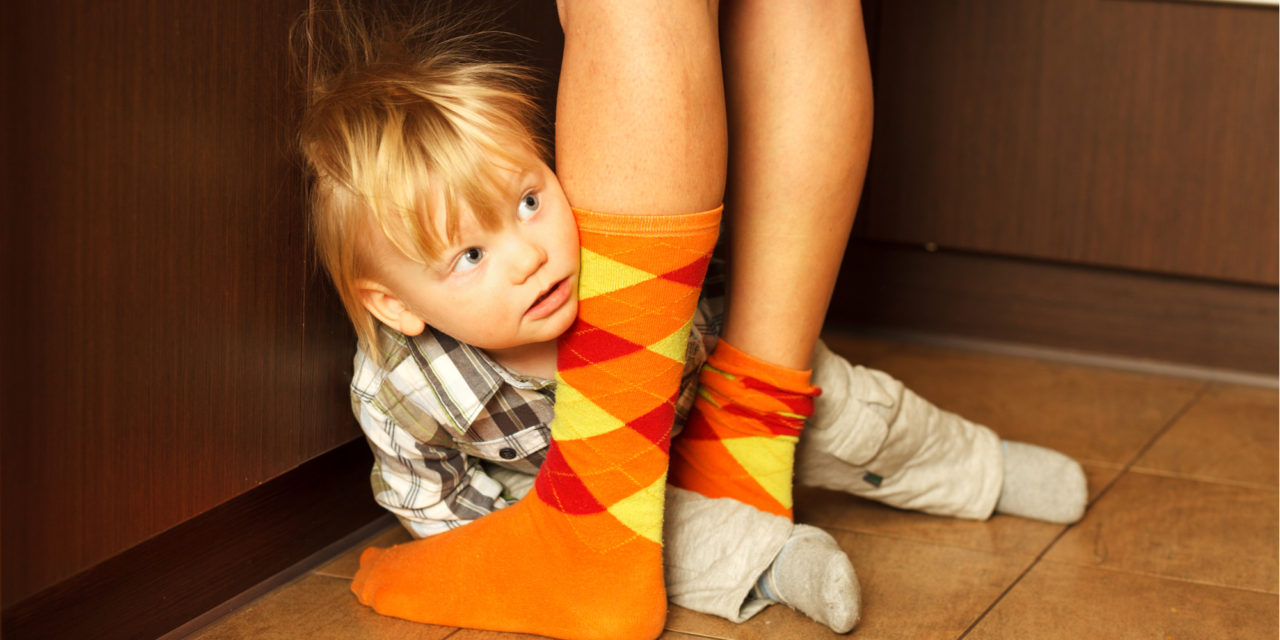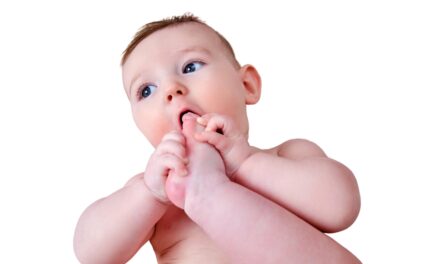While daycare and preschools limit attendance, and playdates are on lockdown, how will toddler’s learn social skills?
The good news is that until age three or four, a child really only needs consistent time with a few close people to develop normally. They look to their parents and other household members for love, reassurance and socialization. So if daycare or preschool is not an option for you now and playdates are restricted, young kids will be just fine!
Kids need your hugs
The flip side of only needing a few close attachments, is that toddler’s are very sensitive to their parents’ attention. And right now, with more time spent at home together, young children don’t understand when their parents are in sight, but not fully available to them. Adults have a lot more responsibilities at home than they did before the Covid-19 pandemic; more time at home means more meals eaten at home which creates more dishes, more trash, and more cleaning. And many parents are balancing these chores with working from home too. That leaves less time to give kids our full attention.
If a child feels ignored, they will do whatever they can to get attention. If they aren’t getting enough attention for their good behavior, they will resort to bad behavior to get their social needs met. Even some teenagers operate this way!
So, the real parenting challenge right now isn’t finding a substitute for social interactions for our kids. No amount of socially-distanced playdates or online school will prevent kids from developing significant behavioral problems in the coming months. But a few simple adjustments at home can make an exponentially larger difference to a young child’s perception of their parents attentiveness and will enhance your child’s social development.
Consider working out of sight of your children. It’s better for them to not see you for a period of time than to be able to see you, but not have your full attention. Move your office to a closet or the garage if you must!
Catch them being good. Several times a day, notice when your child is playing well by themself or puts a toy away and then lavish them with hugs, kisses and praise. When kids get that much attention for the behaviors you want to see, they will try even harder to please you. Some kids will even compete with each other to be more good than their sibling. That’s competition you want to encourage.
Take turns. If both parents are home, take turns so that one parent can give their full attention to the family.
Arrange a babysitter. If only one parent is at home, consider hiring a babysitter or share child care with one friend. The small risk of exposure to the virus is balanced by the risk of months of your toddler feeling a parents’ not giving their full attention.
Use age-appropriate screen time. A few hours of interactive games or even quality tv shows each day is a perfectly acceptable part of a childcare plan right now.
Make a schedule. Kids like to know what to expect. Do the same things, in the same order, every day so your child knows what to expect and has dedicated time with you to look forward to. For example, go outside every day at the same time, have a set play-time before lunch. Go to bed and wake up at the same time every day to help develop good sleeping habits that will make nap times more predictable as well.
If your child still shows signs of separation anxiety around others, be reassured that this means they are still at a developmental stage when they can get all the social interaction they need at home. It isn’t until close to age four that most kids out-grow separation anxiety, and that is when they will need interaction with other kids and adults.






